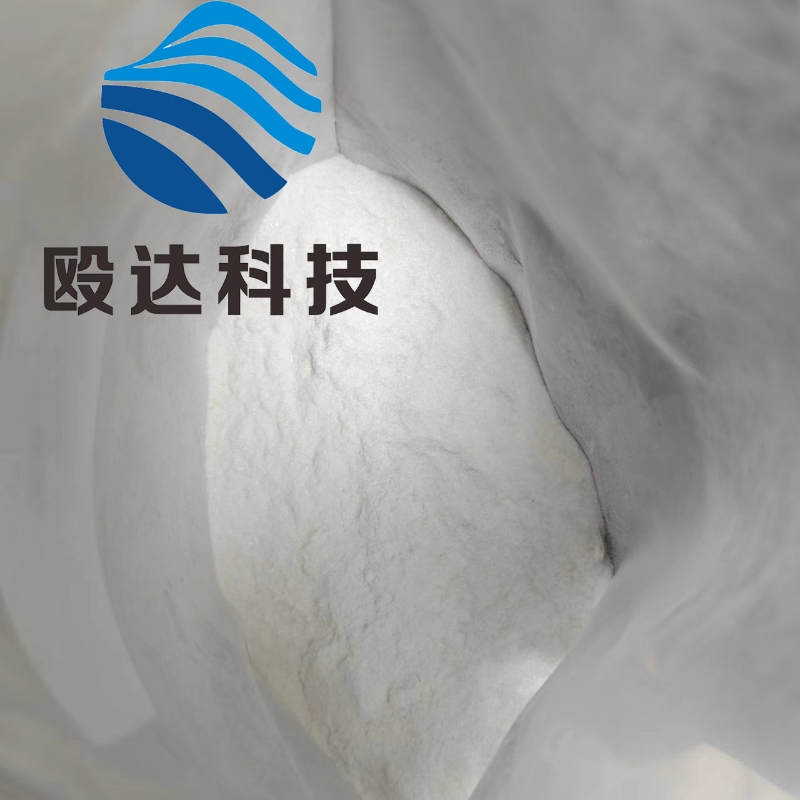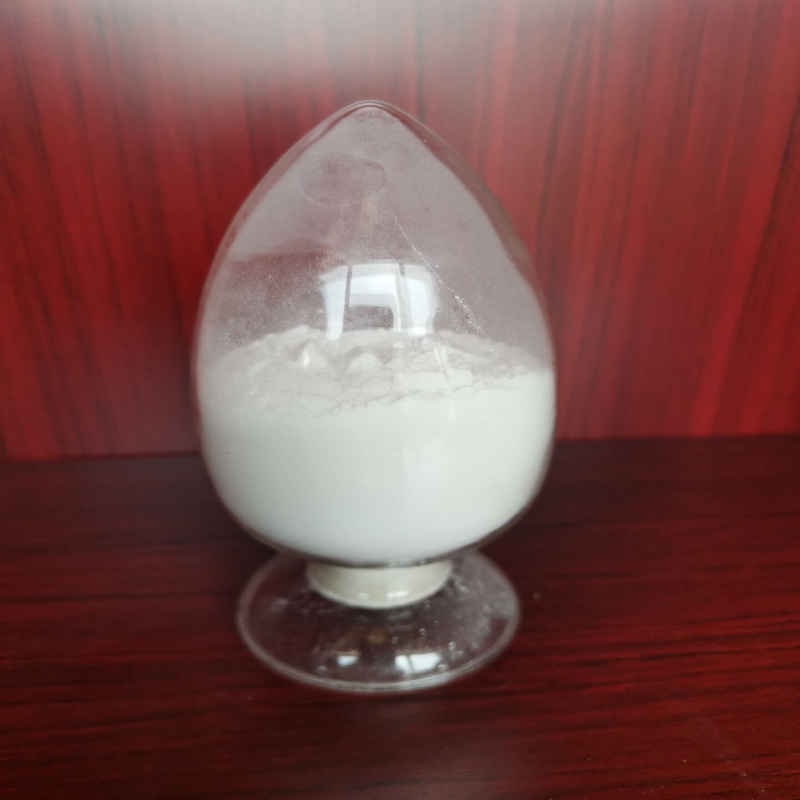The outcome of the health insurance negotiation
-
Last Update: 2019-11-21
-
Source: Internet
-
Author: User
Search more information of high quality chemicals, good prices and reliable suppliers, visit
www.echemi.com
The results of the long-awaited new round of medical insurance drug access negotiations will be officially announced in the near future It has been reported that the "most expensive" health care negotiation in the history involves more than 150 drugs from more than 70 pharmaceutical factories, covering major and major diseases such as cancer and rare diseases, as well as chronic diseases such as hepatitis C, hepatitis B, hypertension and diabetes Prior to this, the state health insurance bureau has repeatedly stressed that in 2019, the adjustment of the medical insurance catalogue will be based on the principle of "making up for the short board guarantee", giving priority to the national basic drugs, cancer and rare diseases and other major diseases treatment drugs, chronic diseases drugs and other categories Among them, the most concerned by the industry is the health care negotiation of several heavy-duty anticancer drugs The incidence rate of cancer and the mortality rate are increasing It is predicted that the situation of cancer prevention and treatment is becoming more and more serious In recent years, China's medical and health policies are constantly inclining to anticancer drugs, which can be seen from the information repeatedly delivered by the national high-level meeting Anticancer drugs have entered the medical insurance system, and the actual price reduction benefits the patients, which has become a livelihood issue of great concern to the country In order to reduce the burden of drug cost for patients with cancer, especially patients with cancer, and to have more drug choices, the executive meeting of the State Council held on April 12, 2018 made a decision to reduce the import tariff of all common drugs, alkaloids with anti-cancer effect and Chinese patent medicines with actual import to zero from May 1, 2018, so as to make all anti-cancer drugs actually imported by China At the same time, the value-added tax burden on the production and import of anticancer drugs is greatly reduced Coincidentally, at the executive meeting of the State Council held on June 20, 2018, national senior officials also said, "after the establishment of the new leading group of the State Council's medical reform, the first thing is to effectively reduce the price of anti-cancer drugs." On October 24 of the same year, when making a report on the economic situation at the 17th National Congress of the trade union of China, the state's top officials requested to speed up the negotiations on the access of anti-cancer drugs to medical insurance and reduce the drug price to the greatest extent Under the continuous promotion of national policies, 17 kinds of negotiated anticancer drugs were included in the category B scope of the national basic medical insurance, industrial injury insurance and maternity insurance drugs catalogue in October 2018, including 12 solid tumor drugs and 5 blood tumor drugs, which are clinically necessary, effective and urgently needed by the insured Compared with the average retail price, the payment standard of negotiated drugs decreased by an average of 56.7%, which is more than the 46% price reduction in 2017 According to authoritative statistics, as of the first half of 2019, 318200 person times and 1.963 billion yuan have been reimbursed for anticancer drugs negotiated by 17 kinds of national medical insurance The National Health Insurance Bureau said it would continue to promote the national health insurance negotiation on the allocation and use of anticancer drugs in medical institutions in the future With the attention of national policy and the rapid promotion of relevant departments, the availability of anti-cancer drugs has been increasing in recent years, and many cancer patients also enjoy the dividends brought by the policy There is no doubt that patients can benefit directly from medical insurance and anti-cancer drugs Taking the imported target drug of non-small cell lung cancer Iressa (gefitinib tablets) as an example, the price in 2017 was 2358 yuan per box, and after entering the medical insurance in 2018, patients only need to pay 950 yuan to use the drug, which greatly improves the drug availability of patients However, there are different voices in the industry about whether high-cost anticancer drugs need to enter the medical insurance The focus of discussion is mainly on occupying too much medical insurance funds and possibly being abused In response to the existing concerns of the industry, some experts said, "insurance itself is a Masonic system with the ability to disperse risks In order to share the unpredictable risks caused by diseases, the masses have the right to get medical insurance relief At present, the supplementary medical insurance and commercial insurance in China are not perfect, and this is the time to highlight the core principle of "basic insurance" According to official data, China's health insurance fund spent a total of 1.76 trillion yuan in 2018, with an average quarterly expenditure of 440 billion yuan In response, some insiders pointed out that "even if we ignore the growth of annual expenditure of medical insurance fund and the law that the expenditure in the first half of the year is higher than that in the second half of the year, targeted drugs only account for 0.24% of the expenditure of medical insurance It is difficult to say that targeted cancer patients" crowd out "the medical insurance resources of other non cancer patients." It is worth noting that compared with the occupation of medical insurance resources, drug abuse is indeed an urgent problem to be solved With the approval of various new anticancer drugs, especially in the situation of tumor immunotherapy, some experts remind patients and their families, "have a calm and clear understanding of the drugs, and under the guidance of professional doctors, choose to use some high-priced anticancer drugs at the right time for treatment, rather than blindly seeking novelty and heat with the tide." On the clinical side, the above experts also suggested that "medical institutions should manage the use of drugs according to the efficacy and patients' conditions, and regulate the use of drugs in the clinical front line Every patient participating in the medical insurance should equally enjoy the security brought by the medical insurance, and extend the life length with the help of the medical insurance system " In this negotiation, the enthusiasm of relevant pharmaceutical companies seems to make Beijing no longer cold this winter But since it is a negotiation, it means success and failure The key to this negotiation is to reach an agreement on price Some insiders pointed out that whether to enter the medical insurance or not is mainly a trade-off between the advantages and disadvantages of pharmaceutical economics and their own development strategies If they can bear the price reduction range required by the medical insurance, enterprises and products can enjoy the "invisible benefits" brought by entering the medical insurance catalog For national negotiated access products, it can not only expand the market influence of products at the policy level, promote hospital access, but also further promote the clinical application of products, which plays a huge example and demonstration role in the formulation of later clinical guidelines and use specifications, and occupies an absolute active position in the future comprehensive DRG package payment At the same time, the price advantage helps to expand the market share rapidly From the market performance of products negotiated by countries in the past, we can see the significant effect of "price for quantity" From the perspective of enterprises, under the background of innovation and development of domestic benchmarking enterprises advocated by the state, the success of medical insurance negotiation is of great benefit to expand the popularity and influence of local enterprises At the same time of improving the recognition of society and experts to enterprises and products, it will also greatly enhance the influence of enterprises in the industry Some insiders pointed out that many benefits of guotan's success will bring convenience to subsequent work For example, in the work of medical insurance access for new indications expansion, compared with other similar products without successful access, it is obvious that guotan has a first mover advantage The industry still needs to wait for the final result of the National Health Insurance Bureau on the price reduction of this negotiation Some experts admit that it is well known that a new drug R & D will cost more than 10 years and 1 billion US dollars, but at the same time, it also has a high risk of R & D failure "From the perspective of pharmaceutical companies themselves, it is difficult to achieve the goal of active price reduction of innovative drugs in the short term Only when the enterprise has a reasonable return can it have continuous innovation When the product enters the national medical insurance and benefits the patients, it should also allow the enterprise to enjoy some reasonable returns and form a virtuous circle so that the innovation can be sustained " There is a long way to go The research and development of anti-cancer drugs and their popularization are doomed not to be a smooth road When more innovative pharmaceutical companies bring more and better domestic innovative tumor drugs to Chinese patients, we believe that the way ahead has seen light.
This article is an English version of an article which is originally in the Chinese language on echemi.com and is provided for information purposes only.
This website makes no representation or warranty of any kind, either expressed or implied, as to the accuracy, completeness ownership or reliability of
the article or any translations thereof. If you have any concerns or complaints relating to the article, please send an email, providing a detailed
description of the concern or complaint, to
service@echemi.com. A staff member will contact you within 5 working days. Once verified, infringing content
will be removed immediately.







